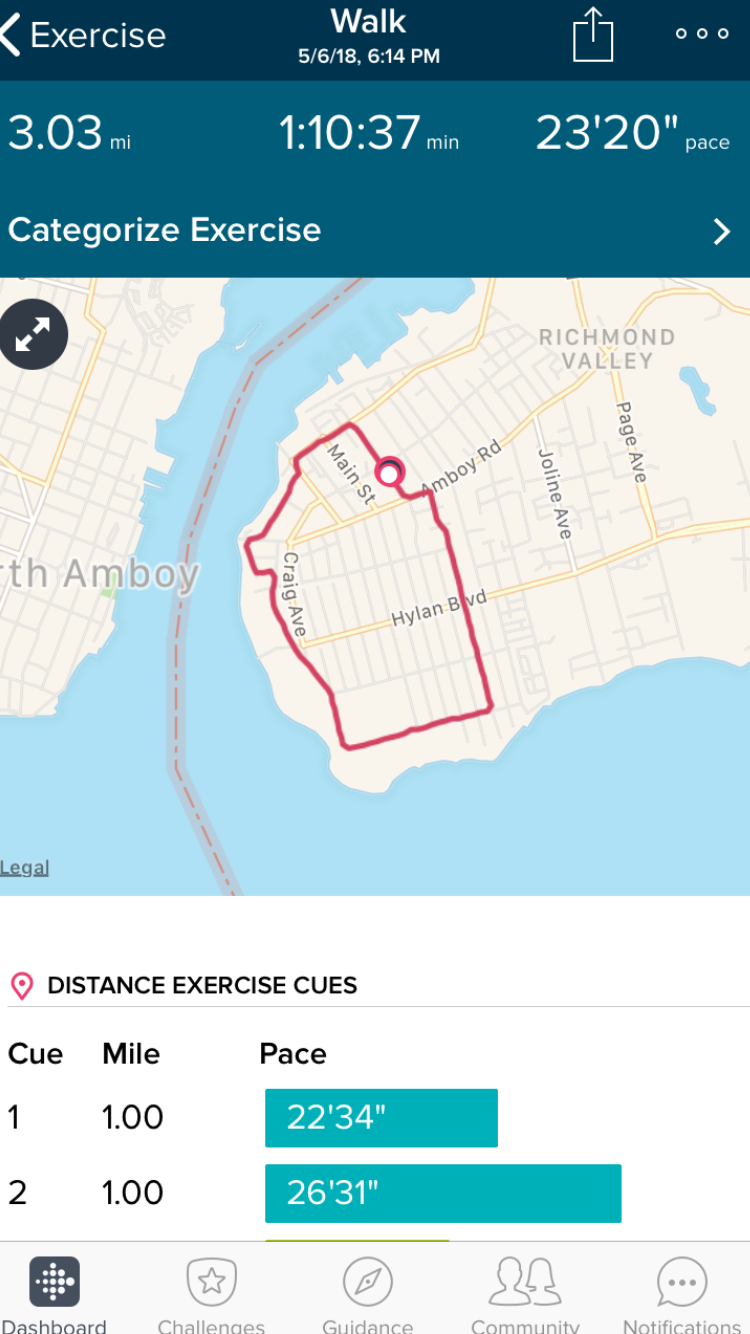Session Information
Session Type: Patient Perspectives Poster Session
Session Time: 12:00PM-2:00PM
Background/Diagnosis:
I was diagnosed in 1987 at age 3 with Polyarticular Juvenile Rheumatoid Arthritis which effected every joint in my body. At time of diagnosis I was expected to be in a wheelchair by age 6. With the help of NSAIDs, prednisone and Gold Injections, this was not the case. Eventually, I began trials of various drug cocktails that included those previously listed with the addition of DMARDs, namely Methotrexate and Plaquenil, and a rotation of various supplements including shark cartilage and vitamins. The ever changing trials of these cocktails continued until my mid-teenage years when biologic medication was introduced. After trying many different biologic medications and having varying results, I was taken off those medications and maintained on prednisone and Methotrexate for the time being. However, disease progression continues resulting in bilateral shoulder replacements in 2018.
Treatment:
I have adapted an integrative approach to my treatment plan along with my medical team. This approach includes incorporating vitamin supplements and dietary restrictions under the supervision and recommendation of my rheumatologist and regular walking.
Maintenance:
Prior to adding an integrative approach to my treatment, I was trying and most often failing drugs and drug cocktails regularly, which become stressful and disappointing. By adding specific supplements picked out by my doctor, I have guidance as to what is working for my body. In addition, dietary restrictions have improved my health and given me a sense of control over my illness. I use this sense of control to ensure that not only do I take my supplements and eat well; I move my body in one of the few ways it can regularly by walking daily. By ensuring that these integrative approaches are a regular part of my lifestyle, I am able to work better with my medical team as I am able to have some control of these treatments which will hopefully lead to decreased disease progression.
Quality of Life:
Due to recent changes in my disease progression, the addition of these integrative approaches has ultimately led me to having a better quality of life. I am able to see these additions of supplements and dietary changes as a privilege instead of an additional burden of this disease because I do have some sort of control here. Walking has given me a boost of self-confidence as I “compete” with friends and family thru an app that tracks my walking. This added bonus is not only fun but keeps me accountable in a positive way. Prior to these changes, I was disappointed in my health and disease progression. Now, I am more confident in having a fun, healthy way of taking control over my health.
To cite this abstract in AMA style:
O'Hara-Levi S. Integrative Approach to Treatment of an Adult with Juvenile Rheumatoid Arthritis [abstract]. Arthritis Rheumatol. 2018; 70 (suppl 9). https://acrabstracts.org/abstract/integrative-approach-to-treatment-of-an-adult-with-juvenile-rheumatoid-arthritis/. Accessed .« Back to 2018 ACR/ARHP Annual Meeting
ACR Meeting Abstracts - https://acrabstracts.org/abstract/integrative-approach-to-treatment-of-an-adult-with-juvenile-rheumatoid-arthritis/


